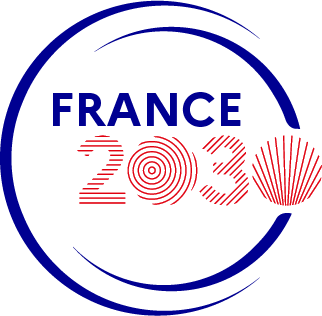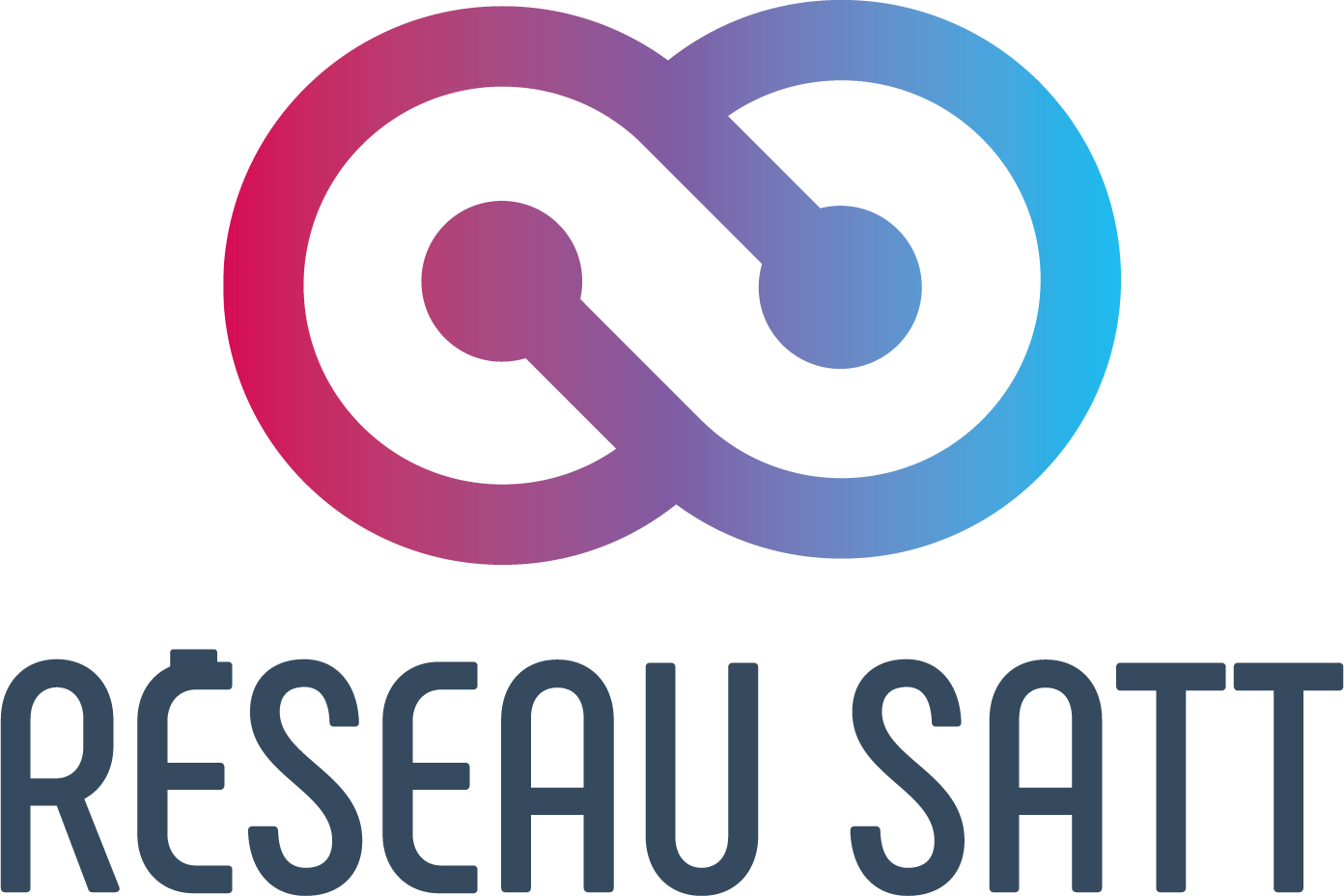Erganeo signs a license agreement with Evora Biosciences, a pioneer in next-generation cellular therapies
On Friday 13 March, Erganeo and start-up Evora Biosciences signed a world-exclusive license agreement for a new-generation digestive fistula cellular therapy treatment.
Picture from left to right: Naceur Tounekti, Vice-President of Erganeo and Hadrien Lanvin, CEO of Evora Biosciences
A condition with serious consequences, and complex cases that are inadequately treated
An estimated 1.2 million people across Europe and the United States suffer from digestive fistulas. A fistula is a physical anomaly in which two cavities inside the body interact abnormally. Digestive fistulas, more specifically, refer to interaction between the digestive tract and another organ and/or the skin. These frequently occur in people with auto-immune diseases such as Crohn’s disease, or in patients that have undergone digestive system surgery, such as those carried out as a result of obesity or cancer. Each patient’s initial state frequently impacts on a situation that is complex enough as it is.
Once diagnosed, this condition requires fast treatment, particularly as secondary complications have serious consequences on patients’ quality of life (pain, tiredness, malnutrition, multiple devices). In the most complex cases, patients’ long-term quality of life can ultimately be affected. In addition, the surgical and treatment options open to medical practitioners carry high failure rates and significant associated risks.
Evora Biosciences and the next generation of cellular therapies
The cellular therapy treatment currently available is based on stem cell injections. Founded in March 2020, Evora Biosciences now offers a new approach. Using their technique, stem cells are no longer injected but are instead used to produce extracellular vesicles, also known as exosomes, which facilitate intercellular communication and regenerate damaged tissue in a similar way to the stem cells that produce them. These extracellular vesicles are incorporated in an occlusive gel that is injected into the fistula.
Using extracellular vesicles will make it possible to overcome part of the risk associated with the administration of stem cells. Evora Biosciences also intends to replicate the effects of traditional cellular therapy by reducing patient risk while offering a simplified logistical model that is compatible with wide-scale production.
This technology was developed at the Matière et Systèmes Complexes laboratory (UMR 7057) by a number of researchers from the Université de Paris, APHP, CNRS, and Inserm laboratories: Amanda Silva Brun, Gabriel Rahmi, Florence Gazeau, Claire Wilhelm, Christophe Cellier and Olivier Clement. Erganeo is responsible for managing the patent, which covers the use of an extracellular vesicle gel to treat digestive fistulas and was registered in 2017.
Suat Topsu, CEO of Erganeo, is delighted with this new license agreement: “Erganeo is proud to be assisting with the emergence of this new generation of cellular therapy aimed at reducing complexity of use for medical personnel as well as patient risk”.
Hadrien Lanvin, CEO of Evora Biosciences, explains that “signing this license marks a first step in shifting towards treatment that will be a game-changer for many patients’ lives. For Evora Biosciences, this is also the first stage in the journey towards developing next-generation cellular therapies.”


